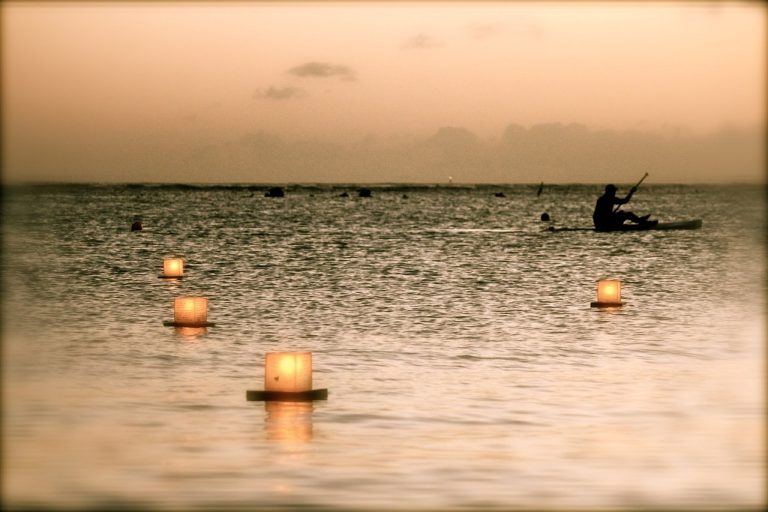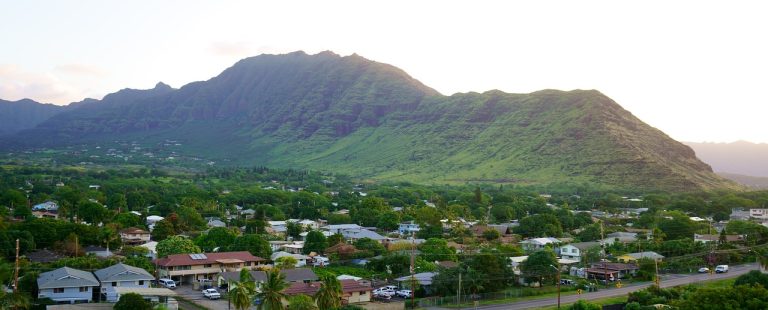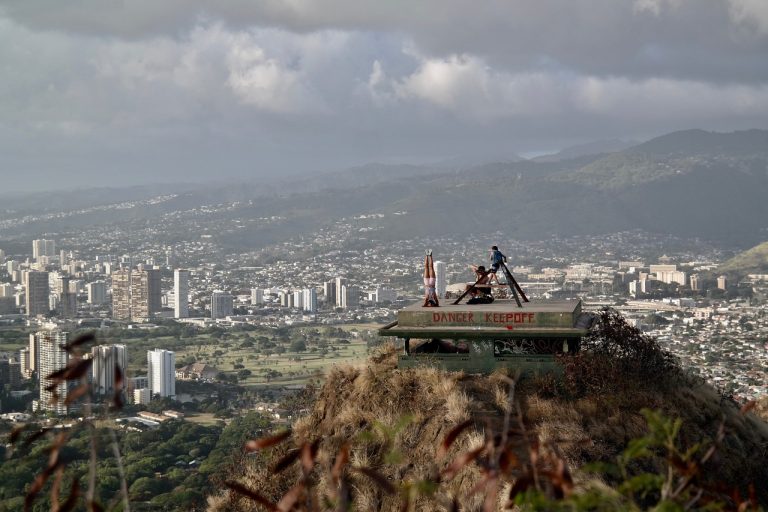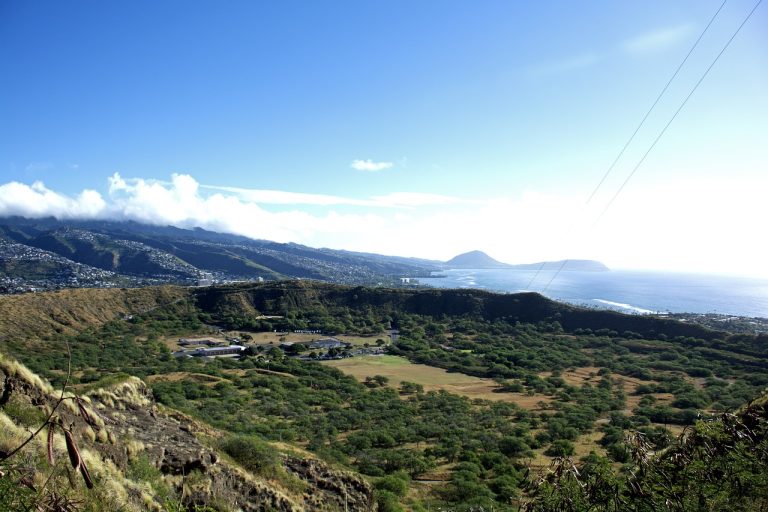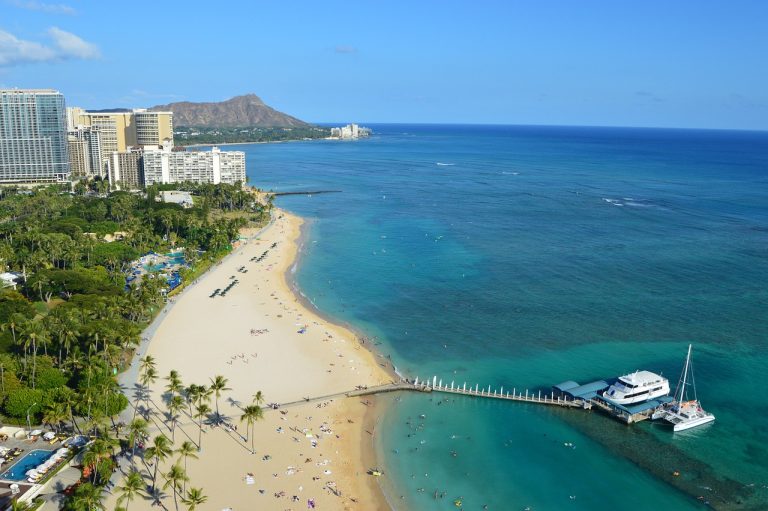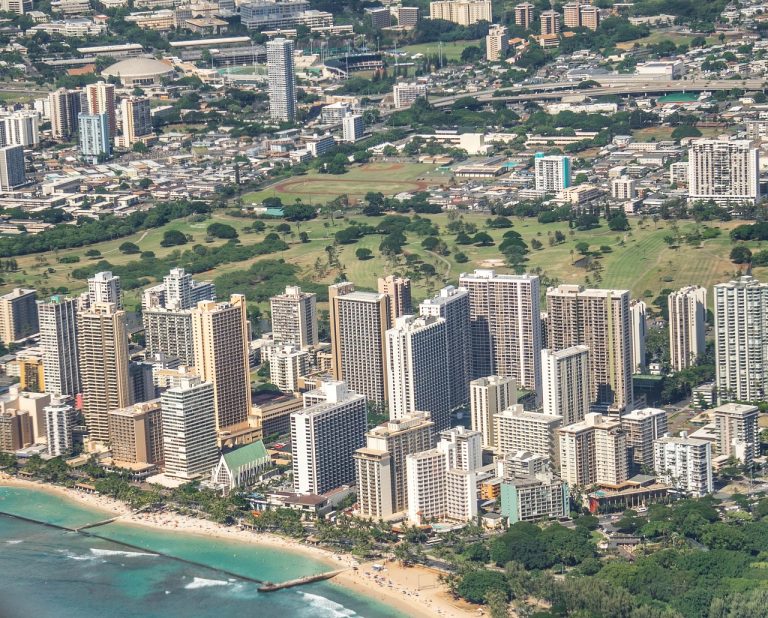Honolulu Hawaii Video
Eco-tourism in Honolulu Hawaii: Sustainable and Green Travel Options
Honolulu, the capital city of Hawaii, is not only known for its stunning beaches and vibrant culture but also for its commitment to eco-tourism. With a focus on sustainable and green travel options, visitors to Honolulu can enjoy the beauty of the island while minimizing their impact on the environment. From eco-friendly accommodations to outdoor activities that promote conservation, Honolulu offers a range of options for environmentally conscious travelers.
Accommodations
- Sunrise Inn: Located in the heart of Honolulu, Sunrise Inn is a leading eco-friendly hotel that prioritizes sustainability. The hotel has implemented various initiatives to reduce energy consumption, such as using energy-efficient lighting and appliances. They also have a comprehensive recycling program and encourage guests to participate in water conservation efforts.
- Green Oasis Resort: Situated amidst lush greenery, Green Oasis Resort offers a unique eco-lodge experience. The resort utilizes solar panels for energy generation, practices rainwater harvesting, and promotes organic farming. Guests can immerse themselves in nature while minimizing their ecological footprint.
- Paradise Eco-Hostel: For budget-conscious travelers, Paradise Eco-Hostel provides sustainable accommodation options. The hostel focuses on reducing waste through recycling and composting programs. They also organize eco-friendly activities, such as beach clean-ups and nature hikes, to raise awareness about environmental conservation.

Transportation
- Green Cabs: When exploring Honolulu, consider using Green Cabs, a taxi service that operates with hybrid or electric vehicles. By choosing this eco-friendly transportation option, you can reduce carbon emissions while enjoying the convenience of getting around the city.
- Shared Bicycles: Many areas in Honolulu offer shared bicycle programs, allowing visitors to explore the city at their own pace while minimizing their carbon footprint. You can easily rent a bicycle from designated stations and cycle through scenic routes, such as the Ala Wai Bike Path.
- Public Transportation: Honolulu’s public transportation system, known as “TheBus,” is an excellent eco-friendly option for getting around the city. The buses are equipped with low-emission engines and provide an extensive network that reaches various popular tourist destinations.
Outdoor Activities
- Hiking in Diamond Head State Monument: Embark on a hike to the summit of Diamond Head, a volcanic crater offering breathtaking panoramic views of Honolulu. While enjoying the natural beauty, remember to stay on designated trails and follow proper waste disposal practices to preserve the fragile ecosystem.
- Snorkeling at Hanauma Bay: Explore the underwater world at Hanauma Bay Nature Preserve, a protected marine environment known for its vibrant coral reefs and diverse marine life. Be mindful to use reef-safe sunscreen and avoid touching or damaging the delicate coral formations.
- Kayaking in Kaneohe Bay: Discover the scenic beauty of Kaneohe Bay by kayaking through its calm waters. This eco-friendly activity allows you to observe the rich marine ecosystem while minimizing disturbance to the natural habitat.

Local Initiatives
- Honolulu Farmers’ Markets: Support local farmers and sustainable agriculture by visiting one of Honolulu’s farmers’ markets. These markets offer a variety of fresh produce, locally made products, and an opportunity to engage with the community.
- Volunteer Programs: Numerous organizations in Honolulu offer volunteer programs focused on environmental conservation. From beach clean-ups to tree planting initiatives, these programs allow visitors to actively contribute to the preservation of the island’s natural resources.
- Education Centers: Visit educational centers such as the Waikiki Aquarium and the Lyon Arboretum to learn about the unique flora and fauna of Hawaii. These centers promote awareness and understanding of the fragile ecosystems found in the region.
Local Cuisine
- Farm-to-Table Restaurants: Honolulu boasts several farm-to-table restaurants that prioritize using locally sourced ingredients. By dining at these establishments, you can support sustainable agriculture practices and enjoy fresh, seasonal dishes.
- Seafood Sustainability: When enjoying seafood in Honolulu, opt for restaurants that follow sustainable fishing practices. Look for certifications like the Marine Stewardship Council (MSC) to ensure you are consuming seafood sourced responsibly.
- Plant-Based Options: Honolulu offers a wide range of plant-based dining options, catering to vegans and vegetarians. Choosing plant-based meals reduces the environmental impact associated with animal agriculture.

Conservation Efforts
- Hawaii Wildlife Fund: The Hawaii Wildlife Fund is a local non-profit organization dedicated to the conservation of Hawaii’s native wildlife and ecosystems. Consider supporting their efforts through donations or volunteering to protect the island’s natural resources.
- Malama Maunalua: Malama Maunalua is a community-based organization focused on restoring and preserving the Maunalua Bay. They organize regular clean-up events and educational programs to promote environmental stewardship.
- Kaiwi Coastline Cleanup: Join the Kaiwi Coastline Cleanup, a volunteer initiative that aims to keep the coastlines of Oahu clean and free from marine debris. By participating in clean-up events, you can directly contribute to the preservation of Honolulu’s beautiful beaches.
Conclusion
Honolulu, Hawaii, offers a wealth of eco-tourism opportunities for travelers seeking sustainable and green travel options. From eco-friendly accommodations to outdoor activities that promote conservation, visitors can experience the beauty of Honolulu while minimizing their impact on the environment. By supporting local initiatives and choosing eco-friendly transportation, you can contribute to the preservation of the island’s natural resources and leave a positive footprint on this tropical paradise.
References
- sunriseinnhawaii.com
- greenoasisresort.com
- paradiseeco-hostel.com
- greencabs.com
- thebus.org
- diamondheadstatepark.org
- hanaumabaystatepark.com
- kaneohebaycruises.com
- honolulufarmersmarkets.com
- waikikiaquarium.org
- lyonarboretum.org
- marinestewardship.org
- hawaiiwildlifefund.org
- malamamaunalua.org
- kaiwicoastlinecleanup.org


